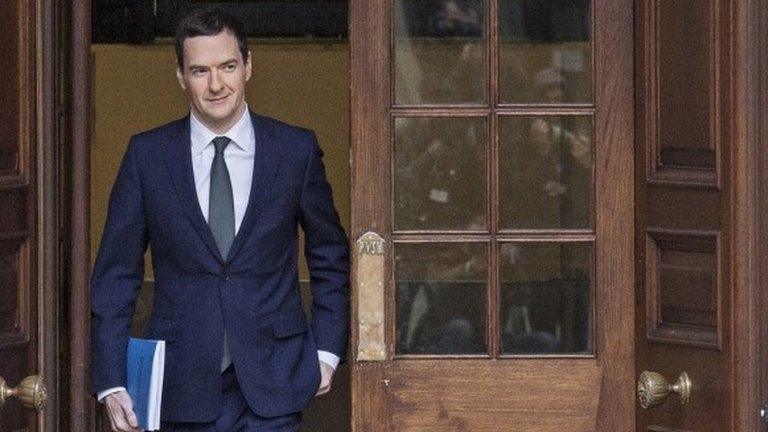Autumn Statement 2015: What it means for you
- Published
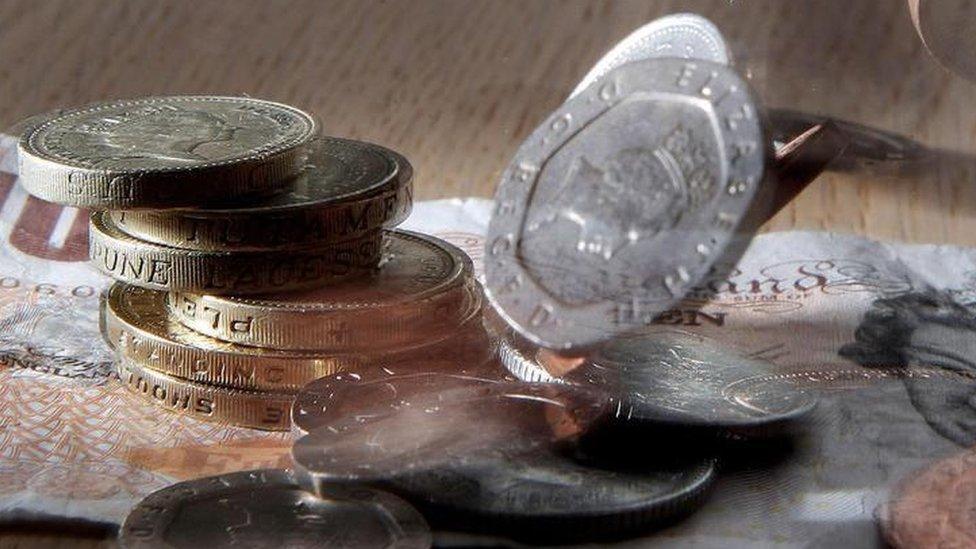
In a speech that lasted for more than an hour, Chancellor George Osborne revealed his financial game plan and how this will affect the wallets and purses of the watching public.
The speech, made up of an Autumn Statement and a Spending Review, included a significant change of tactics - by scrapping his recent plan to cut tax credits.
He threw himself into some big challenges - not least with buy-to-let landlords who could face a tax rise.
But what does it mean for the finances of spectators on the sidelines - the UK public?

Was that a tax credits U-turn?
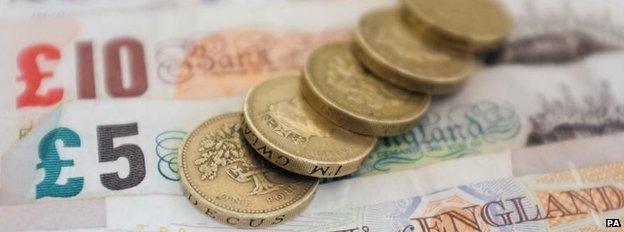
Tax credits are benefit payments for those on low incomes, aimed at topping up pay. They are the biggest welfare cost to the government apart from the state pension.
In his summer Budget, Mr Osborne announced a plan for a £4.4bn cut to tax credits from April 2016. This meant cutting tax credits sooner and faster as a claimant's income rises.
Having lost a key vote on the House of Lords, he promised to reconsider.
He did so by scrapping the planned cuts.
That means some low-income families who were expecting cuts in tax credit payments of up to £1,200 a year will no longer face that loss.
He says he can do this because the state of the economy and the continued record low interest rates mean that he expects to have more money available than previously thought.

So is that the end to cuts when I'm on a low income?
No. Changes to the criteria of Universal Credit - a benefits system that sees tax credits and five other benefits merged into one in the next few years - were voted through recently and will also put a squeeze on some families making new claims.
New claims for tax credits will be switched to Universal Credit from 2018.
Groups such as the Resolution Foundation, the Joseph Rowntree Foundation and Citizens Advice say that by 2020, some families with children could be hit if parents are not working full-time.
Plans to limit on tax credits for new claimants when they have more than two children remain.
The rate of housing benefit in the social sector will also be capped at the same rate as is paid to those in the private rented sector, in order to make savings of £225m by 2020-21. This will apply to tenancies signed from April and affect housing benefit from April 2018 onwards.

Will it become easier for me to buy a house?

Money will be spent to encourage house builders to construct starter homes. These will be offered at a 20% discount on prices up to £450,000 in London and £250,000 elsewhere. The policy was first announced in October 2014.
There will also be investment in a shared ownership scheme, reduced rent for those saving for deposit, and specialist homes for the elderly and those with a disability.
The aim is to shift to aspirational home ownership, and help to reduce the housing benefit bill.
There will also be a London Help to Buy scheme for those within the capital who can save a deposit of 5% of the value of the property they want to buy. They will be able to get an interest-free loan, for up to five years, worth up to 40% of the value of that home.
Mr Osborne said that there was a crisis of home ownership among young people.

How will this be paid for?
A total of £1bn will be raised by 2021 owing to a change to stamp duty in England and Wales.
A 3% surcharge on stamp duty when some buy-to-let properties and second homes are bought will be levied from April.
This means it will add £5,520 of tax to be paid when buying the average £184,000 buy-to-let property. The new charge would have hit 160,000 buyers if it had applied last year.
Commentators have already suggested this could hit the sector hard.
This is the second big change to stamp duty, after reforms announced a year ago which affected the higher end of the property market.

Are there any other tax rises I need to know about?

Councils which have responsibility for social care will be able to add 2% to council tax bills in a bid to provide up to £2bn for that care.
Taxpayers will have to wait to see exactly how that affects them in pounds and pence when they receive their council tax bill.

Are pensions going up at all?
The state pension for existing pensioners will rise by 2.9%, or £3.35, to £119.30 a week from April, to match the rise in average earnings.
This is the result of triple-lock pledge on pensions - a government promise for the next five years - which means the state pension rises each April to match the highest of inflation, earnings, or 2.5%.
Next year is a significant one for new retirees as it is the start, from April, of the new "flat-rate" state pension, set at £155 a week.
However, not everyone will get the full amount, such as some of those with a private or workplace pension provision. Some who have built up an additional state pension may get more.

Any bad news for pensioners?
They have been protected from a lot of cuts by this government.
However, the chancellor said that pension credit payments will be stopped for people who leave the country for more than one month.
At present, pension credit is paid for up to 13 weeks while claimants are temporarily abroad. If they go overseas for medical treatment under the NHS, then it is paid for longer.
The same new restriction for those going overseas will also apply to housing benefit.

What about the young? Any major changes for students and recent students?
Graduates in England and Wales who started university on or after September 2012 will see their student loan repayment threshold frozen until April 2021, rather than rising in line with inflation.
These graduates can earn up to £21,000 before making student loan repayments. Freezing the threshold could make repayments more expensive.
Nursing students will no longer receive government bursaries. They will have to take out loans instead.

What about my wages?
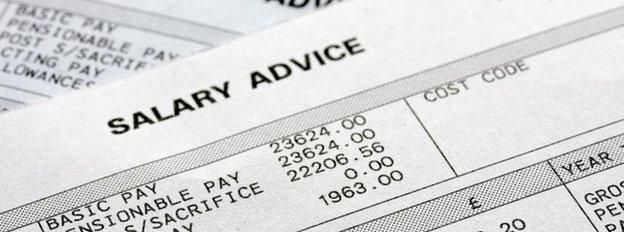
We already know that a 1% cap on rises in public sector pay will be in place for the next four years. We also know a compulsory Living Wage - basically, a new minimum wage - will be paid to people aged 25 and over, starting in April 2016 at £7.20 an hour and reaching £9 an hour by 2020.

Childcare is a big hit on our income, what has happened to that?
The government had previously said it would give further support for childcare costs.
The chancellor announced 30 hours of free childcare for three and four-year-olds will be available from 2017 in England, but only to parents working more than 16 hours and who each earn £100,000 or less.
Many parents already get a free 15 hours of childcare for three and four-year-olds.

Any other announcements that affect my finances?
The chancellor announced a plan to end the right to cash compensation following crashes on the roads.
This, he says, will make it harder for people to get compensation for exaggerated or fraudulent whiplash claims.
Should the insurance industry pass on these savings, then motor insurance premiums could fall.

Statement and Spending Review 2015

Presented by Chancellor George Osborne, the Spending Review sets out what government spending will be over the next four years, while the Autumn Statement is an annual update of government plans for the economy.
Special report: Full in-depth coverage of the Spending Review and Autumn Statement
Documents:, external Link to full Autumn Statement and Spending Review documents via HM Treasury
Watch: The BBC's TV coverage begins on BBC Two and the BBC News Channel at 11:30 GMT, with BBC Radio 5 Live coverage from 11:55 GMT

- Published25 November 2015
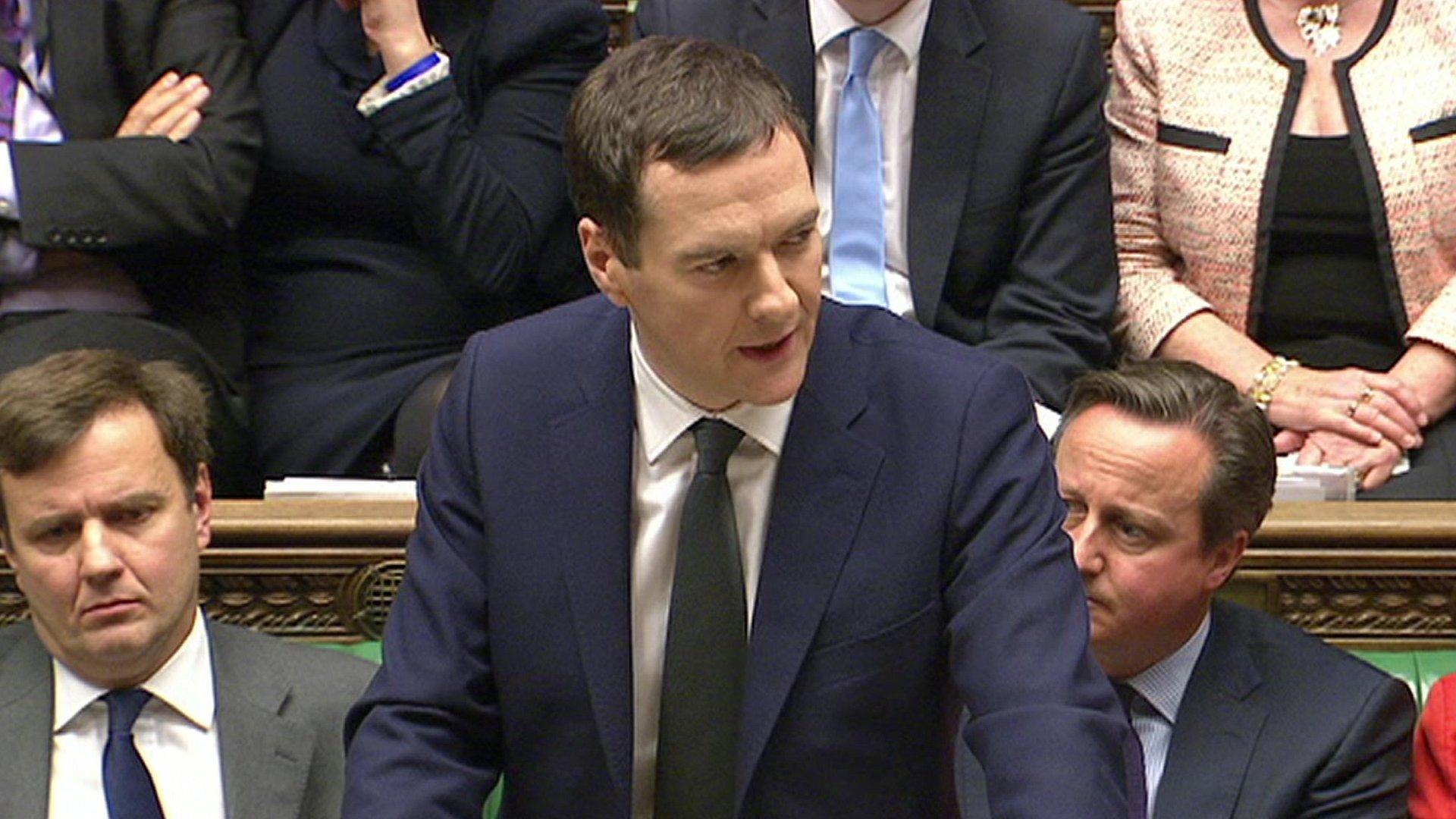
- Published25 November 2015
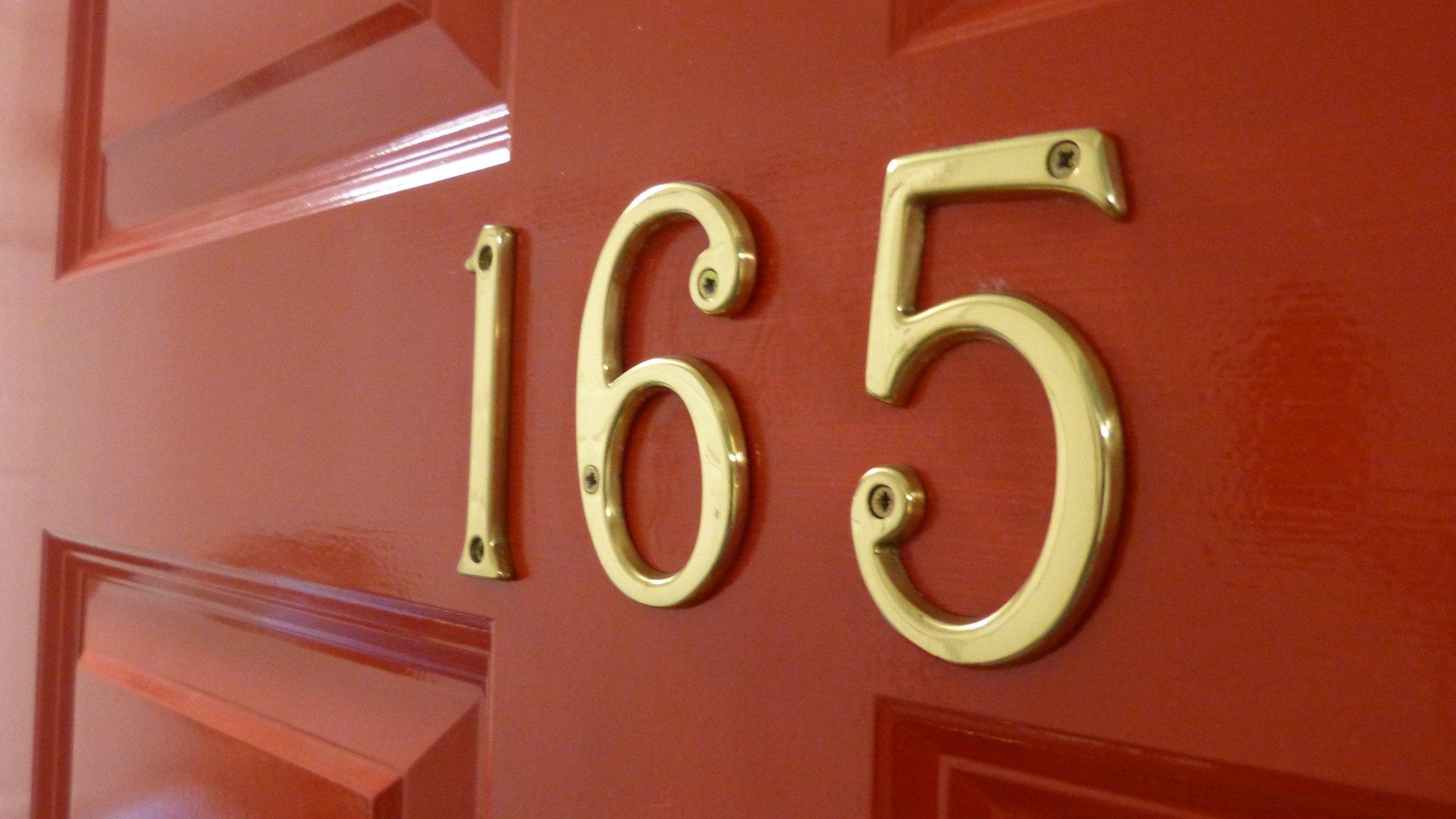
- Published23 November 2015
